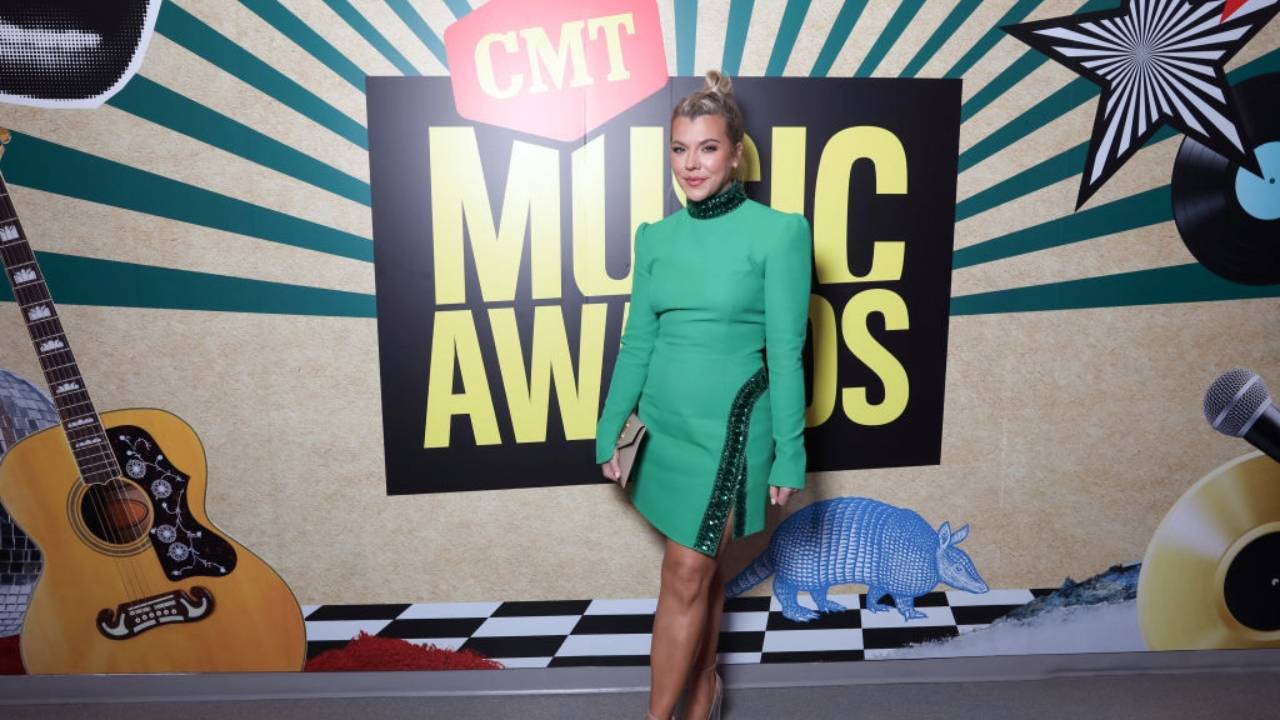NASHVILLE SKYLINE: Music as Pet Food? What About Musical Content?

(NASHVILLE SKYLINE is a column by CMT/CMT.com Editorial Director Chet Flippo.)
It isn't often that you get a titan of the music industry to encapsulate in two short sentences the essence of what he is all about. I'm grateful to EMI Music Marketing president Ronn Werre for telling Los Angeles Times reporter Charles Duhigg, "For years, the music industry relied on its gut rather than data to sell songs. Now, we're using the same techniques Procter & Gamble uses to sell pet food."
Perfect! There in a nutshell is the future of the traditional music industry. Take what music you've got and focus group the hell out of it until you find a way to turn it into pet food. Absolutely brilliant. That, of course, supposes that artist development is a thing of the past. Just sign a few guaranteed marquee artists, record the hell out of them, and then call in the focus groups and slice and dice their product forever -- even after they're dead. So much the better if they're dead and not around to cause problems.
Werre goes on to explain how EMI is using P&G's pet food techniques to try to market a long dead and largely forgotten artist through exhaustive focus group testing. It's Rick Nelson, once known as Ricky Nelson when he was a teen rock sensation in the late 1950s. He later grew into being a respected country-rock artist and died in 1985 in a fire on his chartered plane en route to a New Year's Eve gig in Dallas.
Going far beyond using focus groups as guides, EMI is using the research to decide exactly how to re-image the "product" (Rick Nelson), or, in marketing lingo, how to "re-brand" the product. In this case, they settled on an image of Nelson somewhere between his teen idol years and his young adult years. Werre said absolutely everything about the campaign -- from the album title (Ricky Nelson: Greatest Hits) to the cover photo choice -- was decided by focus groups. Werre cites EMI's campaign with the long-long-dead Dean Martin from last year as a landmark re-branding campaign.
Martin, older readers will recall, was a successful pop singer and movie and TV star in the 1960s and 1970s and a member of the Las Vegas Rat Pack with Frank Sinatra, Sammy Davis Jr. and others. He died in 1995, largely semi-forgotten as a music artist. Last year, EMI decided to resurrect the Martin catalog. After exhaustive focus group research, they decided to re-invent Martin as the suave, young "Dino" from decades ago. Werre told the Los Angeles Times, "We wanted to sell Dino to the guy who is a few years out of college and trying to figure out how to make reservations at a fancy restaurant. We want 30-year-olds to ask: 'What would Dino do?'"
The album sold 759,000 copies, according to Nielsen SoundScan. Are there that many 30-year-old losers incapable of making restaurant reservations?
That plan, although immediately successful, seems to do away with the idea of music catalog as music catalog per se. Dean Martin then exists only as "Dino," only as a one-time special marketing product, as a new "brand" with one specific re-branded image.
It also presupposes that you can only market a particular artist once to each particular generation. We've see that recently with a fairly current artist. Garth Brooks has now sold his recorded catalog twice -- as a boxed set in 1998 and with the current Wal-Mart boxed set. How many times can he do that? Who knows? His back albums don't exist as available catalog, as a result of Brooks keeping them off the market.
But this focus group thing has been around for many years, and industry experts use it as a tool, but not as holy writ. I've paid attention to focus group reports for years as useful indicators of readers' and viewers' reactions to what we're doing or not doing at CMT. But to rely entirely on focus groups for your entire business plan? Or your artistic content? I don't know about that.
For one thing, there's the fundamental but often overlooked flaw with using focus groups. To wit: People you're paying to come in and evaluate what you show them are going to have their opinions shaped (if only subconsciously) by the very fact that you're paying them -- and that they're willing and available to give up a big chunk of time to come and do it. I know that all the shamans of the focus group industry will dismiss that as fallacy, but I defy them to prove otherwise.
The EMI total re-branding campaign is a model that I find unworkable with country music and the country music audience -- as both now exist. Re-branding presumes that the audience is ignorant of the artist, and that is not the case with the country music audience. As long as the special symbiosis exists between country artist and country fan, the country music model of today will exist. Marketing attempts to carry country music beyond the core audience to noncountry listeners is fraught with risk and peril, as many Nashville veterans know.
Then there needs to be considered the alternate future for the success of making it in the commercial music world. And that's by harnessing technology to bypass the pet food companies and going directly to the music listener (i.e., consumer). Artists have been doing that for years with CD technology by burning CDs and selling them out of their vans and car trunks at club shows. Or by using the alternatives of the Internet. Or through one of the techno-savvy independent labels that offer a combination of Internet and direct sales.
What's it to be?
I'm not talking about the immediate future. At least not for the country music industry. When you walk into a Wal-Mart store, as I did, three days before Christmas, and you find people of various ages picking up and buying country CDs by the handfuls by -- most noticeably -- Carrie Underwood, Garth Brooks, Sugarland and sundry other country artists in big numbers, you don't worry about tomorrow or next week. Down the road is a different story.
But as for the survival of music, I look for the direct route to the listener as the salvation of music. Music trumps marketing. Pet food I can get many places. True music comes only from true musicians.





